Alecia Janeiro is an American who has lived and worked in South Korea for more than seven years. To celebrate New Year, she recently crossed the border to North Korea. There she discovered that although the countries are conceived as being poles apart, they are still one nation divided by history in the minds of their people
It was my last night in Pyongyang on my second trip to North Korea. My western guide, and friend, told me to meet him and my North Korean guides in the lobby bar of the Sosan Hotel for a quiet drink before we joined the rest of the travellers. I arrived early, so I walked into the bar alone and ordered a drink.
As I’ve lived in South Korea for some time, I have the luxury of being able to order in Korean. As always, I got a look of surprise from the bartender, and took a look around me. The only other people in the bar were Koreans. Our tour bus driver was sitting just along the bar from myself, and there were two other older men at a nearby table.
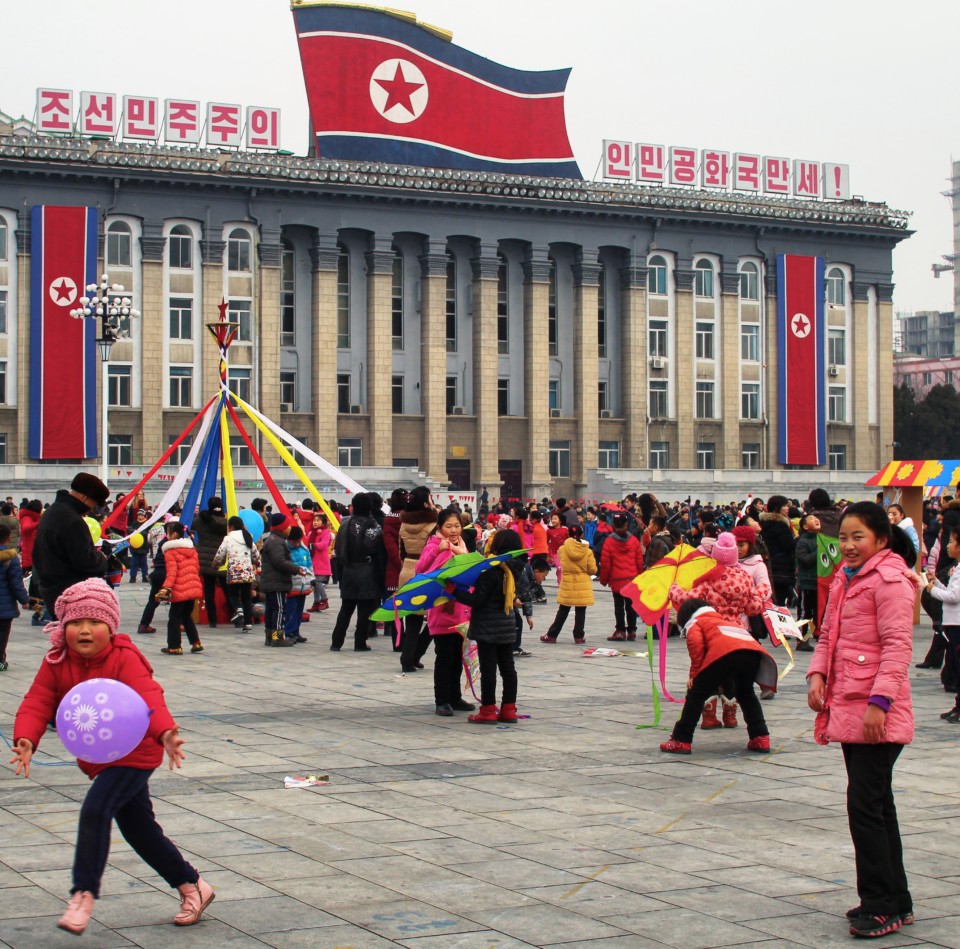
Everyone was watching a film, something that appeared to be an older Soviet classic, and they were all engrossed in the story. It had been dubbed in Korean and I understand enough between the language and expressions to follow along with everyone else. Occasionally, I would glance around at the bar, and I noticed that one of the older guys at the table behind me kept glancing my way as well.
A short time later, a drunk Chinese tourist stumbled in with his guide. By this time, the driver and one of the men behind me had departed. The man who kept glancing my way was the only one left. I ordered another beer, and my Korean and western guides popped in to tell me they were handling business and would return later.
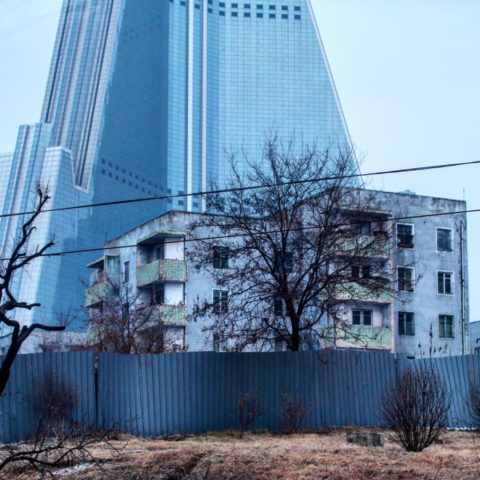
The Chinese tourist grew louder and more annoying. I kept watching the film and laughing along because it surprisingly amusing. When I looked around again, the Korean man who had been looking my way beckoned, and said, in Korean: “Come sit over here,” and introduced himself as Mr Kim.
I sat down with him and started to chat — stretching my basic Korean to the limit. I told him I was an American who lived in Seoul, and he reacted with a bit of surprise.
He explained the Soviet film, which he said they show every New Year. I understood, but I told him in Korean: “I’m very sorry, but my Korean is not so good.”
He replied: “That’s okay, I speak English.” It turns out, he was the head of promotion for one of the state-run tourism companies within the DPRK.
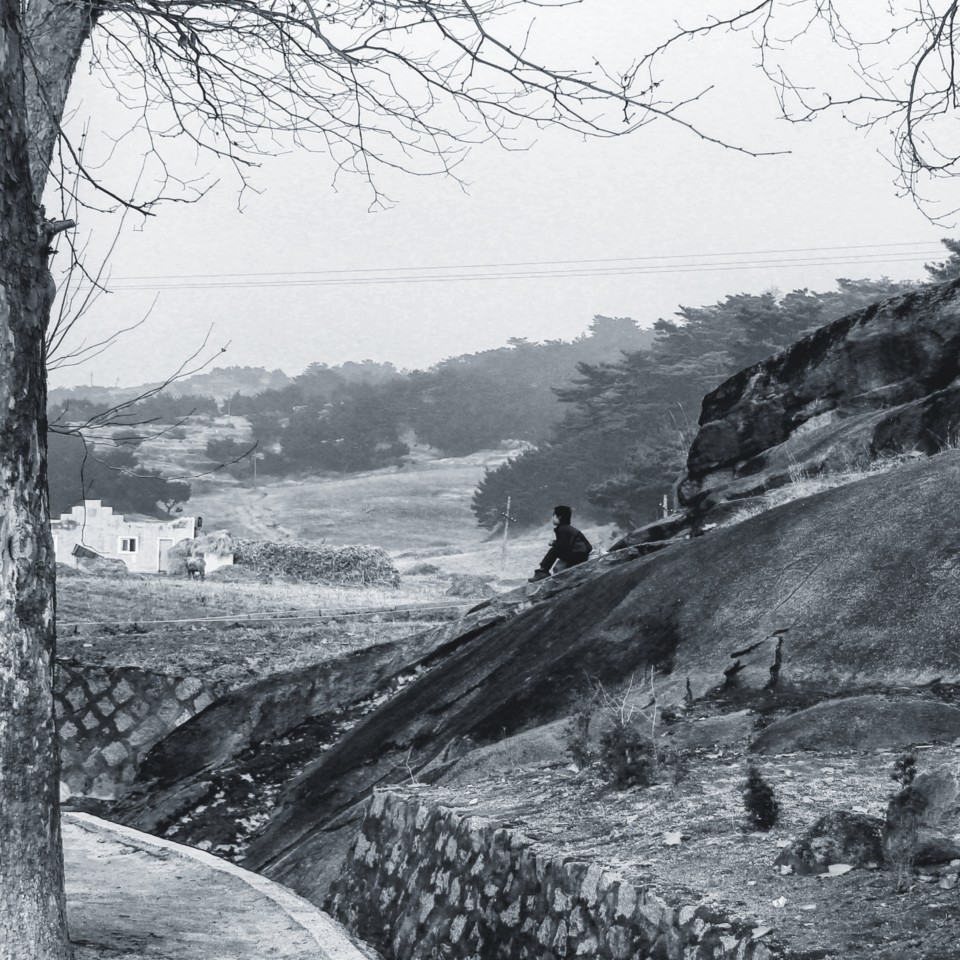
We chatted more, and my foreign guide arrived. They both recognised each other, and we invited Mr Kim up to the second-floor bar for a drink with the other tourists.
He replied, “I won’t have any friends there, so I’m not sure.” I said: “Don’t worry, you have friends here, and we’ll sit with you.” Se we went upstairs and found a table near the bar.
We started drinking and talking more, and it turned out to be one of my best nights in the DPRK. We were sitting in a group of tourists and Mr Kim regaled us with stories of being a guide years ago.
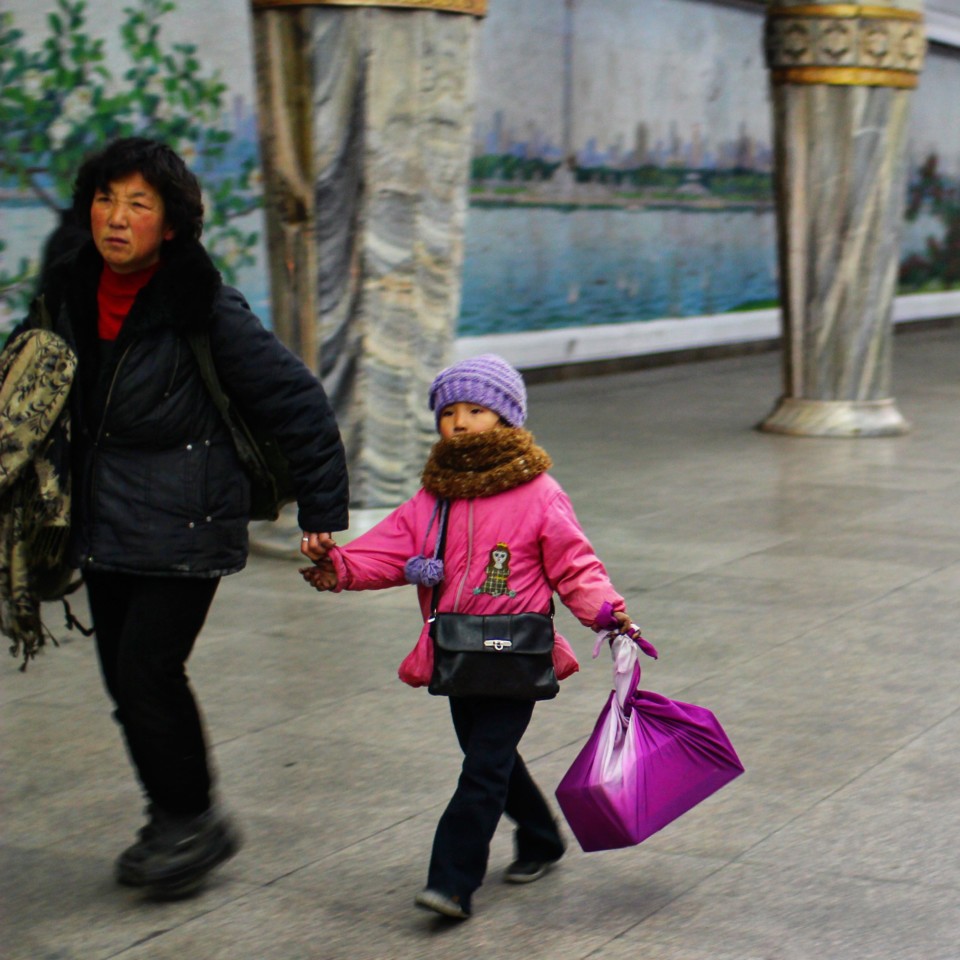
He told us a story of linking arms with disabled South Koreans at a reunion between separated families. He said he approached a bus on the south side, and helped men off the bus. As they linked arms to walk into the meeting, he told us he simply felt Korean, neither North nor South.
As someone who has lived in the South for many years and knows many separated families, I found his story beautiful and very interesting. The reunions are few and far between, so it was amazing to meet someone who had not only guided one, but played an active role in reuniting family members.
As he would talk about Korean culture, he would look at me and say: “She knows. She’s pretty much Korean.” I finally asked me why he spoke to me at the bar downstairs. He said, “I don’t normally talk to tourists at the bar. However, something about you is very Korean.
“Usually, tourists come in and talk over whatever we are watching on TV. You watched with us and laughed along. Then, we started talking and I realised I was right. Something about you is very Korean.”
Eventually, he and I started talking politics. For a time, only the two of us were talking, as everyone around us went on about their evening. The topic of sanctions came up, and I essentially said what I feel about the topic: Sanctions are unfair, and they’ve been tried for more than 60 years.
If the two Koreas had the chance to sit down and discuss the situation without outside parties and influence, things might be much more simple. It is unfair that a country that is so far removed dictates what happens between the two countries. Mr Kim looked around to see if anyone else was listening, laughed to himself, and said: “You should be careful. You sound like a communist.”
If believing in open communication makes me a communist, then so be it. I told him that I doubted that was an accurate label for my political beliefs, but I do think the two Koreas should be able to speak openly and freely. Until that time, the situation will remain as it is. I told him that it is also sad that in 2017 we are not able to easily contact each other. I left the table in awe of his openness, kindness, and willingness to talk to an American living in South Korea.
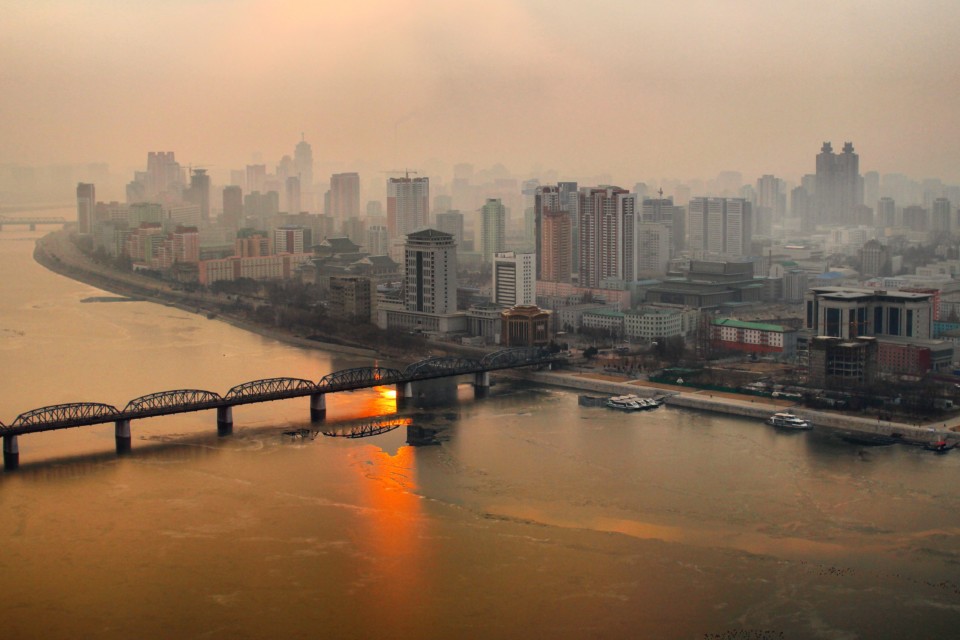
Far too often, I read stories of people visiting the DPRK and finding their guides unfriendly, and having no chance to speak to Koreans. I’ve visited twice because my Korean guides are incredible, wonderful people who I now consider dear friends. I’ve also had the chance to speak openly with other Koreans. I’m fortunate because I speak a bit of the language and understand the culture, but the characterisation of people in the DPRK as cold and unwilling to have real discussions is highly inaccurate.
My final evening in Pyongyang with Mr Kim is just one of many examples of that. One of my first guides in the DPRK repeatedly told me: “Seeing is believing.”
While it might sound cheesy, it is entirely true. I think it is important to visit closed places that we otherwise only see in media reports, and I cannot wait until my next visit to the DPRK.
For more information about visiting North Korea or other little-explored parts of the world, click here

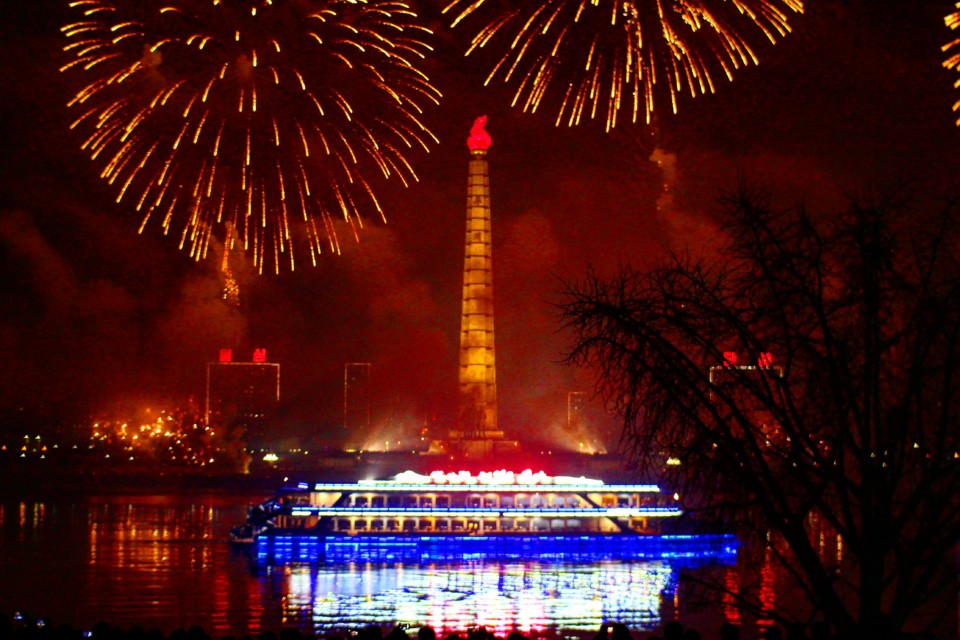
Comments are closed.